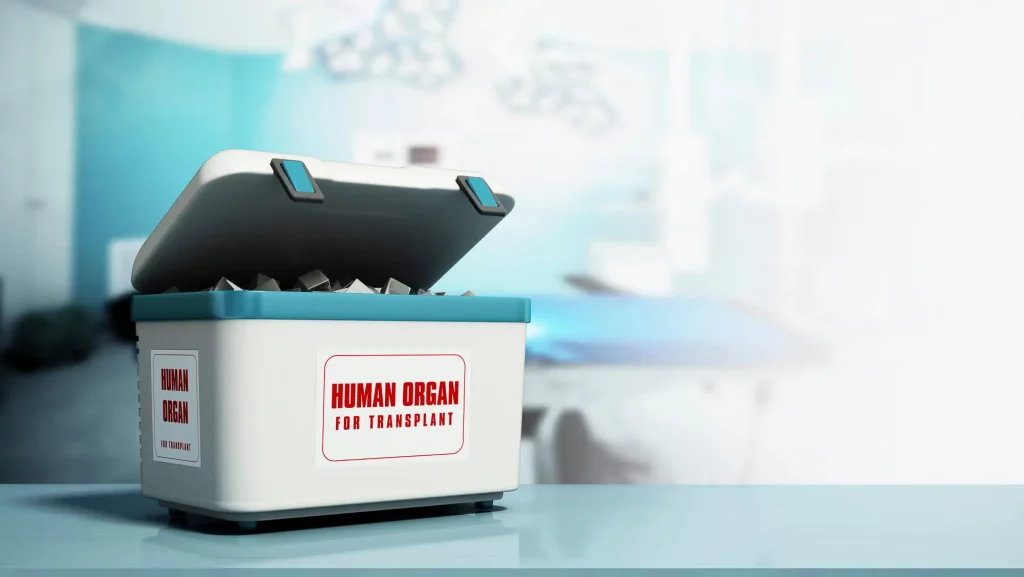Testing compounds to enhance graft conservation
In 2021 in Europe, an average of 20 patients per day died while waiting for an organ transplant. This dramatic result is due to insufficient numbers of suitable donor organs. Nevertheless, around 130,000 organ transplantations are performed worldwide every year. Improving graft conservation is therefore a major challenge.
Using MitoXpert® platform, you can evaluate the efficacy of your compound with cellular models of graft conservation.

To meet the needs for organ transplants, the donor pool must be increased, but graft conservation should also be improved to ensure useability. Upon retrieval and before transplantation, the graft is subjected to cold ischaemia, which can dramatically alter mitochondrial metabolism and function. Lack of oxygen blunts oxidative phosphorylation, leading to a major decrease in cellular ATP levels and accumulation of succinate.
In addition, at reperfusion extensive injury and tissue damage can be caused by the burst of ROS produced by the mitochondrial respiratory chain.
By preserving mitochondrial function, graft transplantation outcomes could be vastly improved. On our MitoXpert® platform, compounds can be tested on cellular models from various organs: liver, heart, kidney, etc. The conditions applied mimic those used for organ conservation, including cold stress in preservation solution.
MitoXpert® assesses mitochondrial function in cellular models of graft conservation, by examining the following parameters:

